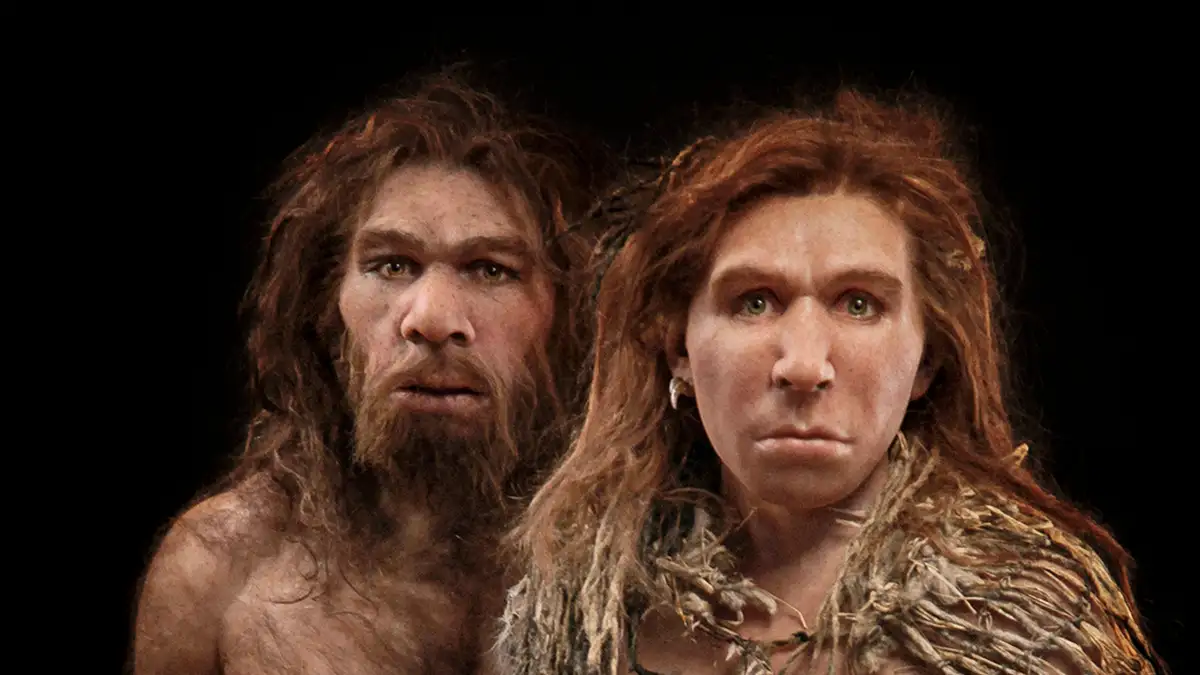T4K3.news
New research highlights diet's role in human evolution
Dartmouth study reveals how early humans adapted their diets before physical changes in their teeth occurred.

New research reveals how dietary changes in hominins shaped their evolution in response to environmental shifts.
Dietary shifts influenced physical evolution in early humans
A study led by Dartmouth researchers shows that early humans adapted to new diets much earlier than their teeth could manage. The research highlights that as hominins migrated from lush forests to grasslands, they began consuming grasses and starchy underground plant organs, despite having teeth not perfectly suited for this diet. This shift began around 3.8 million years ago with Australopithecus afarensis and continued with Homo rudolfensis, who relied on high-energy plant tissues like tubers. Interestingly, the teeth evolved to match the new diet only later, around 2 million years ago, when longer molars developed for better processing of these tougher foods.
Key Takeaways
"We can definitively say that hominins were quite flexible when it came to behavior and this was their advantage."
Luke Fannin emphasizes the importance of behavioral flexibility in early human survival and evolution.
"Behavior doesn't fossilize, but chemical signatures show a significant lag between feeding behavior and molar evolution."
Nathaniel Dominy points out the challenges in linking behavior and physical changes in evolution.
This research challenges the traditional view that physical and behavioral changes in humans evolved concurrently. The findings suggest that adaptability and dietary preferences played a significant role in human evolution long before anatomical changes followed. This non-linear relationship between behavior and evolution demonstrates how early humans forged new paths in their environment, allowing them to thrive despite physical limitations. The implications for understanding human dietary evolution are profound, potentially reshaping how we view the connection between our ancestors and modern diet.
Highlights
- Adaptability was the key to early human success.
- The ability to exploit grasses may be our evolutionary secret sauce.
- Hominins thrived despite physical limitations in diet processing.
- Behavioral shifts paved the way for notable evolutionary changes.
Exploration of dietary evolution raises questions
This study touches on sensitive themes regarding human dietary changes and evolution, which could provoke public and scholarly discussions about our understanding of ancestral diets.
This study offers new insights into how dietary innovations may have shaped human evolution in surprising ways.
Enjoyed this? Let your friends know!
Related News

New findings reveal connections between humans and Neanderthals

Eating eggs weekly linked to lower Alzheimer’s risk

Research shows evolution shaped human smiles

Study suggests okra can help manage diabetes

Neanderthal diet research reveals maggots as key food source

New research uncovers gut's role in appetite control

Exploring GLP-1 medications and their implications

New biography reveals insights about Gwyneth Paltrow
